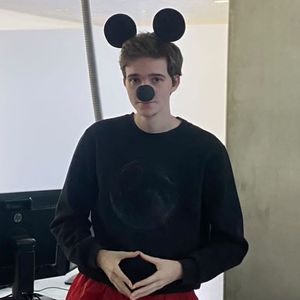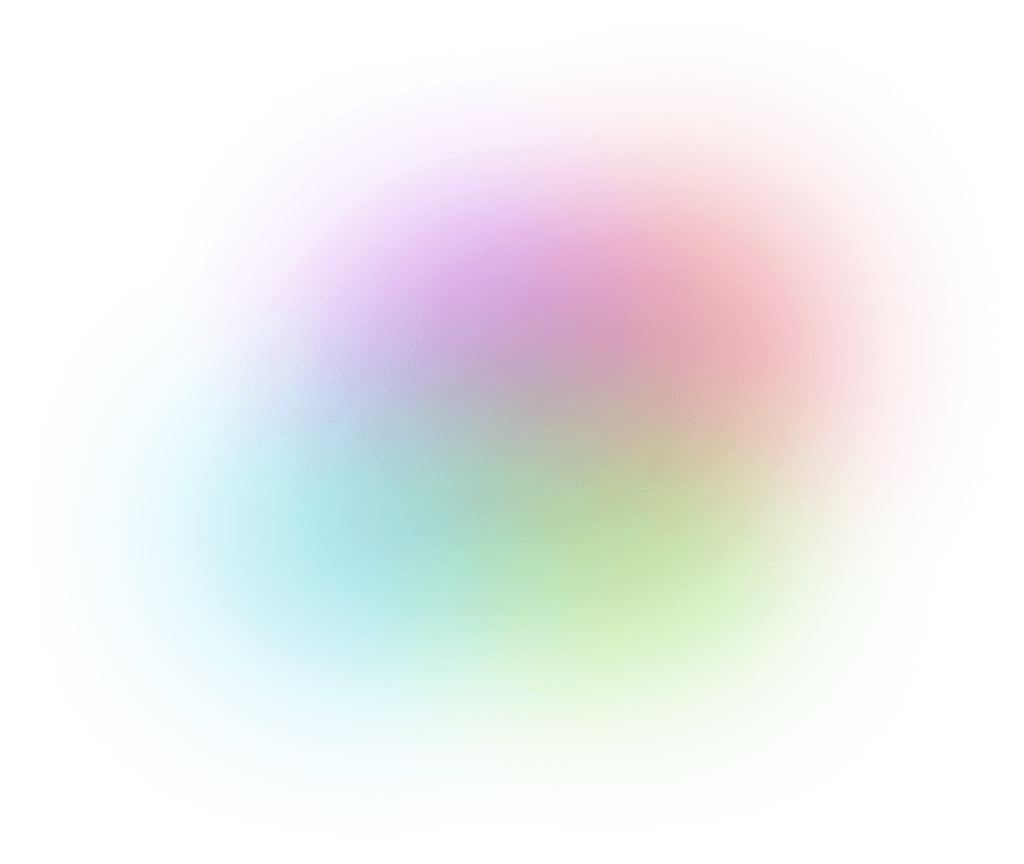


Actualités
Rubika News
Retrouvez toutes nos actualités
Abonne-toi à notre newsletter et ne loupe plus aucune actualité de nos campus et étudiants.
All
Animation
Design
Ecole
Jeux vidéo
Jeux Vidéo
Jeu vidéo
Campus
Animation, Jeu vidéo
Conseil
Design
Design
Jeu Vidéo





